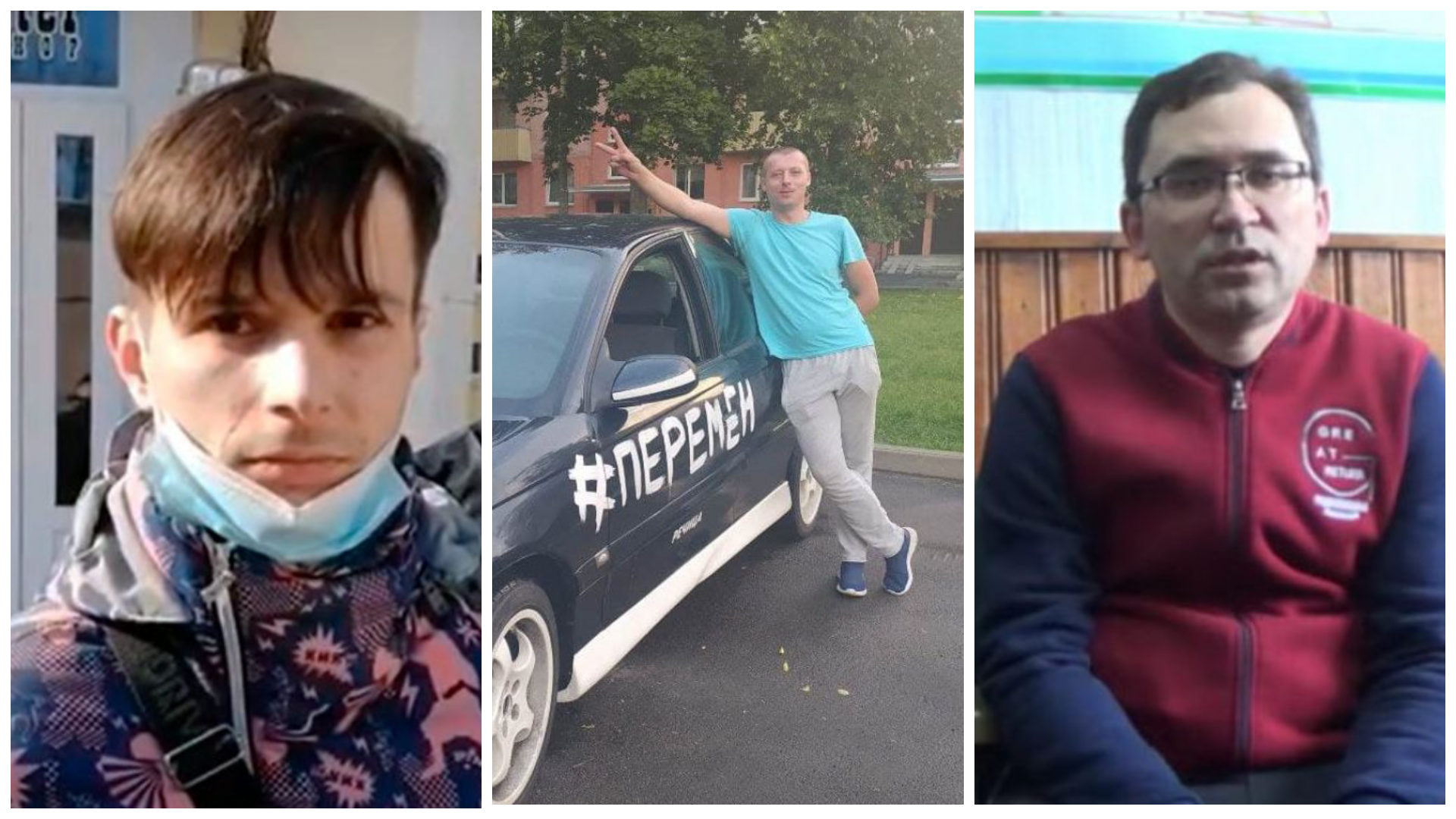
We, representatives of the human rights community in Belarus, note the increased number of court rulings taken in politically motivated criminal trials and marred by numerous violations of basic procedural rights, which, in the absence of an independent, impartial and objective trial, result in arbitrary convictions. The criminal penalties imposed in these trials exceed those usually imposed in the absence of a political motive and are excessively strict, not corresponding to the degree of alleged public danger and the personalities of the convicts.
Criminal liability for incitement of “other social hatred or discord” (Article 130 of the Criminal Code) has been selectively and discriminatorily applied by both the investigators and the courts in an apparent attempt to protect the institutions of power. Moreover, it seems unreasonable to label representatives of the authorities, police officers, military personnel, etc. as separate social groups falling under protection in this context. In particular:
Dzianis Dzeikun was sentenced on June 23, 2021 to three years in a penal colony by the Homieĺ Regional Court under Article 130 of the Criminal Code for posting comments condemning the illegal violent actions by Belarusian law enforcement officers;
Aliaksandr Nahela was sentenced on August 25, 2021 to three years in a penal colony by the Hrodna Regional Court under Article 130 of the Criminal Code for posting comments condemning the illegal violence by law enforcement officers of Belarus and Russia;
Leanid Herasimliuk was sentenced on August 17, 2021 three and a half years in a penal colony by the Hrodna Regional Court under Part 3 of Article 361 of the Criminal Code (calls for actions aimed at harming the national security of the Republic of Belarus) for comments condemning illegal violence by law enforcement officers. The comments posted by the defendant do not contain direct calls for violence, but were merely part of a discussion.
Aliaksei Maltsau was sentenced on August 13, 2021 to three years in a penal colony by the Frunzienski District Court of Minsk under Part 1 of Art. 342 of the Criminal Code (for participating in a peaceful assembly) and under Part 2 of Art. 205 of the Criminal Code (theft, repeated and attempted theft). The offenses belong to the category of less serious ones, which could be punished with non-custodial sentences. However, the court imposed the most severe type of punishment without proper justification, while its length appeared to be clearly excessive. Thus, Maltsau was convicted selectively in comparison with other convicts in trials without a political motive.
Once again, we emphasize that in a number of these cases, the illegality of the actions of the accused were a consequence of the lack of the possibility of free expression of opinion. They were caused by the authorities’ failure to investigate of crimes against peaceful protesters and other victims of cruel treatment and torture, together with disappointment in the ability of the authorities to prevent impunity.
Having evaluated all these cases of criminal prosecution, we came to the conclusion that each of them has a political motive.
The application of domestic legislation in the listed cases, the assessment of facts and evidence to one degree or another were arbitrary and constituted obvious errors, by which the court violated its obligation to independence and impartiality, and the imposition of demonstratively harsh sentences significantly worsened the position of the accused in comparison with other convicts in similar situations without a political motive.
According to the Guidelines on the Definition of Political Prisoners, a political prisoner is a person who is deprived of their freedom, if at least one of the following factors takes place in the presence of political motives for persecution:
a) the detention has been imposed in violation of the right to a fair trial, other rights and freedoms guaranteed by the International Covenant on Civil and Political Rights or the European Convention for the Protection of Human Rights and Fundamental Freedoms;
b) the detention was based on falsification of evidence of the alleged offence, or imposed in the absence of the event or elements of the offence, or imposed in connection with an offence committed by another person;
c) the length of the detention or its conditions are clearly disproportionate (incommensurate) to the offence the person is suspected, accused or has been found guilty of;
d) the person has been detained in a discriminatory manner as compared to other persons.
We, representatives of the Belarusian human rights community, declare that the persecution of Dzianis Dzeikun, Aliaksandr Nahela, Leanid Herasimliuk and Aliaksei Maltsau is politically motivated, and the convicts are therefore political prisoners.
In this regard, we call on the Belarusian authorities to:
- review the custodial measures and judicial decisions taken against them, while respecting the right to a fair trial and eliminating the factors that influenced the verdict;
- immediately release all political prisoners and stop political repression in the country.
Human Rights Center “Viasna”
Legal Initiative
Belarusian Helsinki Committee
Belarusian Documentation Center
Lawtrend
PEN Belarus
Barys Zvozskau Belarusian Human Rights House
Belarusian Association of Journalists
